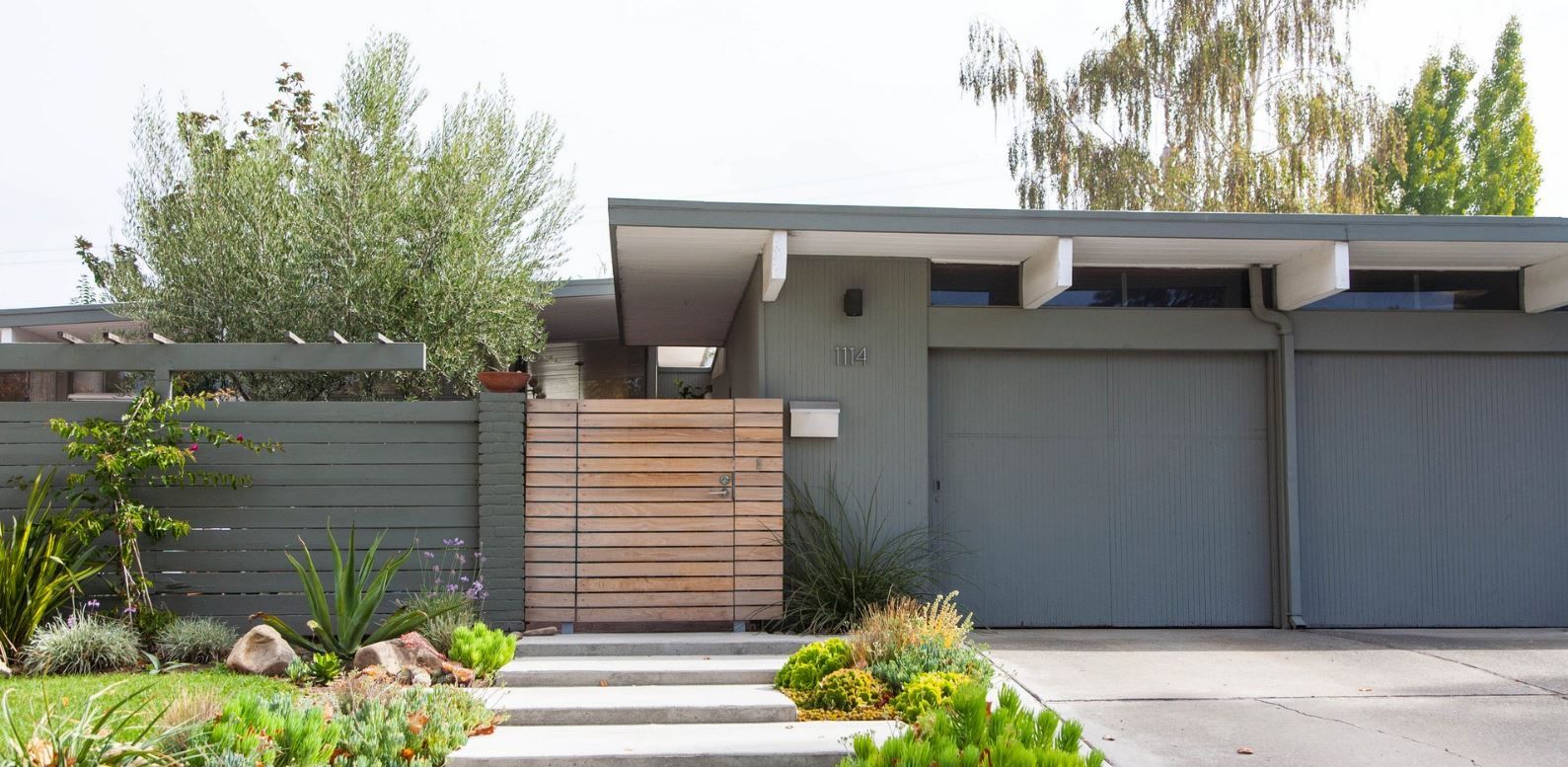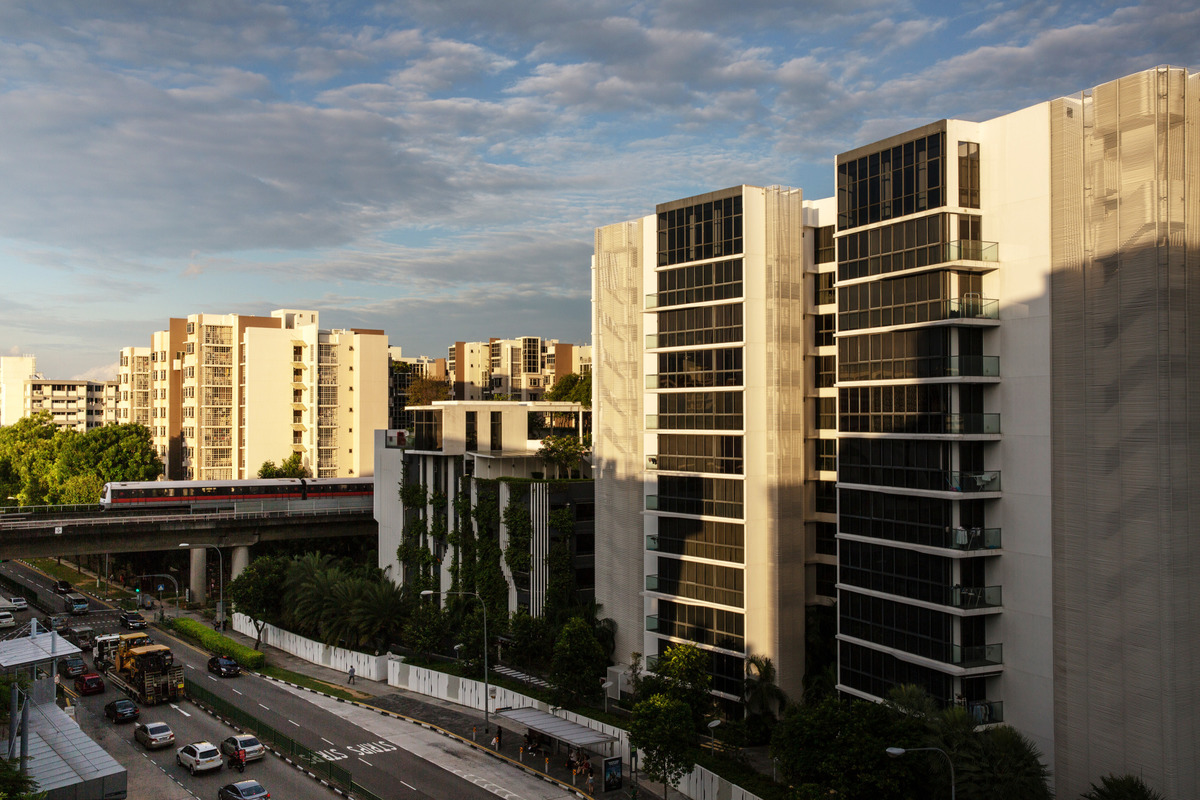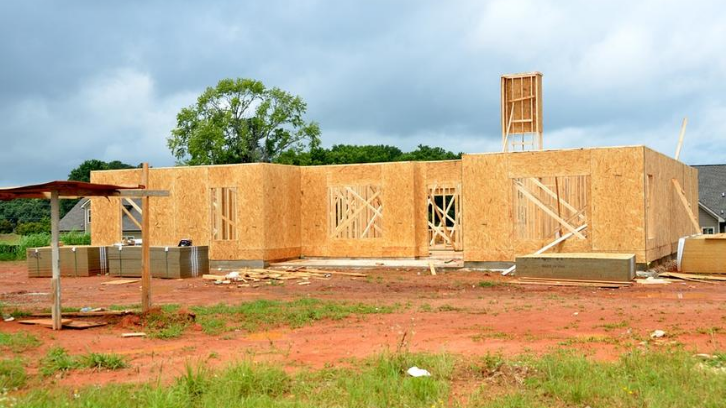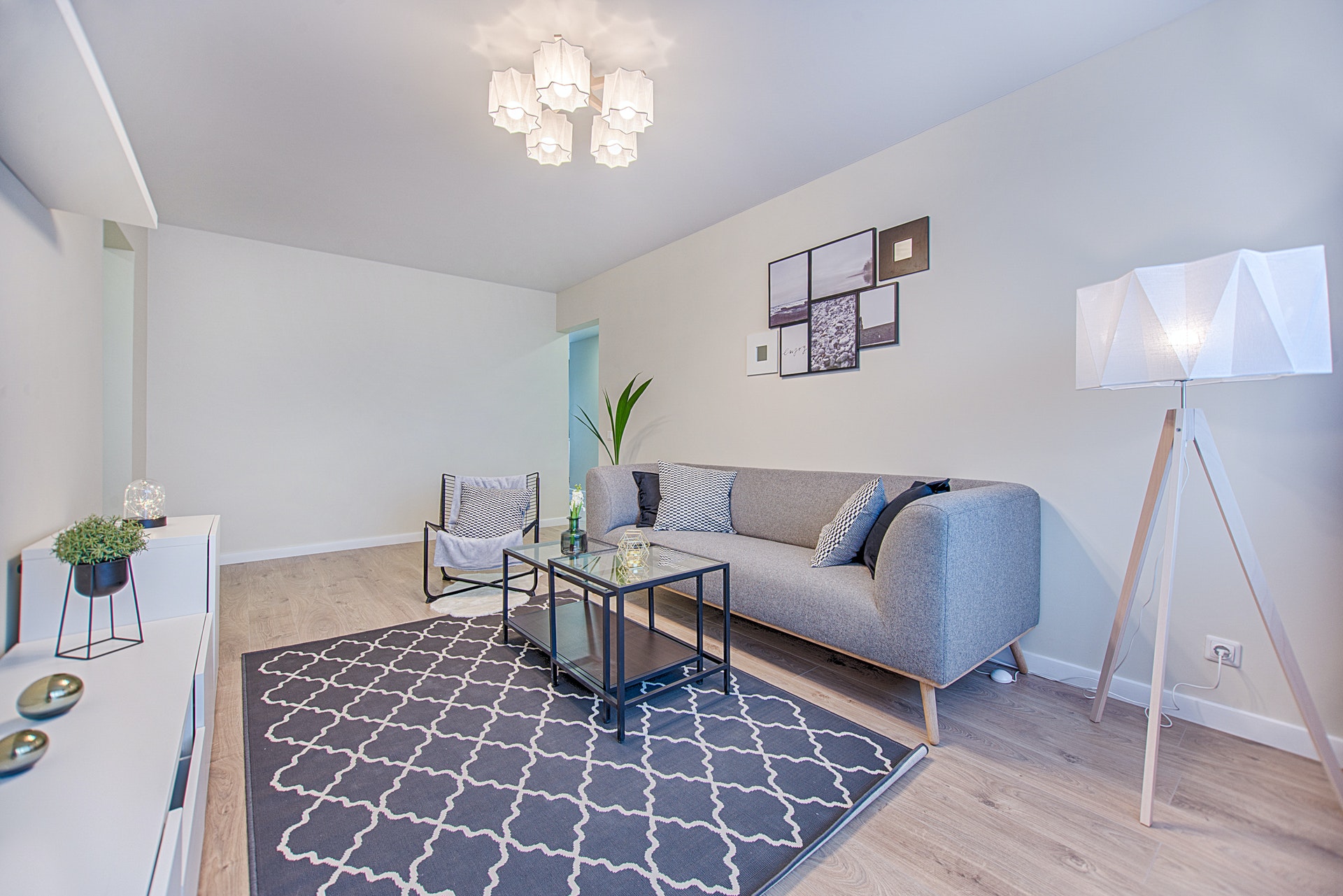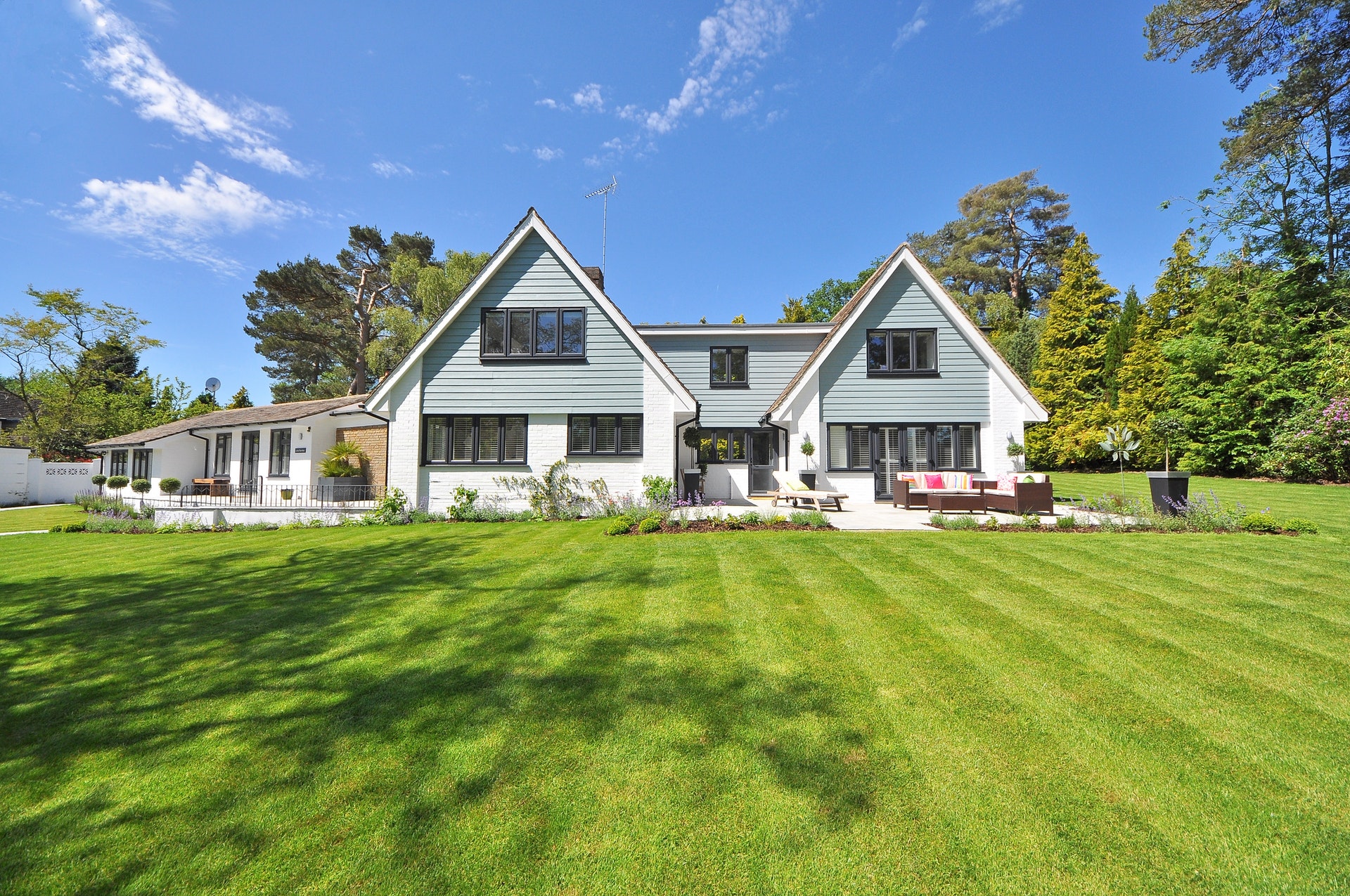Of course, as a home buyer, you should also do your own research. To help you get started (and ensure that the excitement of finding your dream home is not lost in financing it), let’s look at some key factors that can help you pick the most suitable home loan package:
1. Do your research and compare housing loans in Singapore
As mentioned above, there isn’t a “best” mortgage out there – it all depends on your requirements and preferences. So our first tip to read up on the different types of mortgage loans available to you.
For HDB flat owners, you can get a housing loan from either. For private homeowners, you will have to pick a bank loan.
There is only one type of HDB housing loan, but for banks, there are two types of packages: fixed rate and floating rate. The three common types of floating rates available on the market are SIBOR, fixed deposit rates, and the respective banks’ internal mortgage board rates.
While doing a housing loan comparison there are a few things to consider between a bank loan and an HDB loan (assuming you are eligible for both):
Eligibility:
First and foremost, you’ll need to check which housing loans you’re eligible for. There are different criteria for HDB and bank loans.
If you’re a Singaporean buying an HDB flat as your first home, generally, you can choose either HDB or bank loans. For private property purchases, you can only get a bank loan.
Downpayment:
Next, you’ll need to tally up your cash and CPF savings to see how much you can afford to pay upfront, for the downpayment. For HDB loans, the downpayment is 10% of the property price. Of that sum, $5,000 must be paid in cash. The rest can be paid with cash or CPF savings.
In contrast, bank loans require at least 25% downpayment, of which 5% must be in cash. That’s usually more than $5,000.
Interest rates:
After assessing the above two, you can start comparing interest rates. Currently, bank interest rates are around 1.7% to 2.8% p.a., while HDB interest rates are 2.6% (pegged at +0.1% of CPF OA interest rate). It’s worthy to note that these rates can change any time, so do double check when doing your research.
2. Look beyond advertised home loan interest rates
SIBOR-pegged packages are some of the most enticing in the market right now, thanks to the US Fed rate cut earlier this year. However, there’s more to consider besides simply low interest rates.
As a rule of thumb, it’s wise to always read the fine print. You don’t want to be surprised with any additional costs that could unexpectedly increase your cost of borrowing. Getting a home loan is a long-term commitment, so it is important to pay close attention to the following contract terms before you sign the dotted line.
Lock-in period:
The lock-in period refers to the fixed number of years (usually between 1 to 5 years for most banks) during which you are obliged to maintain the mortgage with the same bank. If you choose to exit the loan before the prescribed lock-in period, you could end up paying a financial penalty.
A fixed-rate mortgage will certainly come with a lock-in clause that has a fixed interest rate, which will not change for the duration of the lock-in period.
Reference rate:
This is the rate at which a variable-rate loan is priced. Reference rates will differ from bank to bank and package to package.
Early payment of home loan:
This refers to partial or full payment of the home loan before the stipulated loan term. If such an event arises, you may want to ensure that you have the flexibility to pay your outstanding loan and reduce your total interest costs over time.
Reimbursement or clawback period:
For refinancing and/or term loans, some banks offer customer attractive subsidies on their legal and valuation fees. But these freebies come with a clawback period of 2 years.
This means that if you decide to cancel or refinance your loan before the loan term, the bank may decide to clawback their offered subsidies.
3. If refinancing, check for extra fees
Not your first rodeo? If you’re refinancing instead of getting a new housing loan, do take note of any extra refinancing fees.
Here is an overview of some associated costs with refinancing.
| Prepayment penalty | 1.5 – 1.75% of the outstanding loan amount |
| Cancellation fee | 0.75% to 1.5% of the undisbursed portion of the loan |
| Clawback costs | The sum of any previous subsidies enjoyed |
| Legal fees | $1,800 to $3,000 |
| Valuation fees | Between $150 and $700, depending on the size/value of the property |
And there you have it, a cheat sheet on sussing out the best home loan for you and your family. To receive personalised and unbiased advice on mortgage loans that could be the “best” for you!
source : https://www.propertyguru.com.sg/property-guides/best-housing-loan-singapore-comparison-28802?utm_source=braze&utm_medium=edm&utm_campaign=sg-pg-consumer-braze-nlcc-enga-edm-cmt_fintech_underoneroof-20201028&utm_content=-active–hero-title


